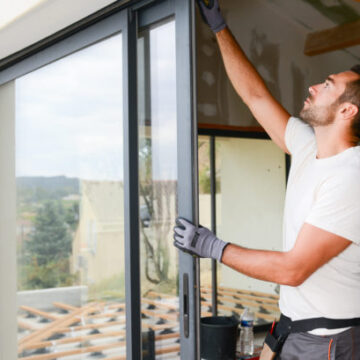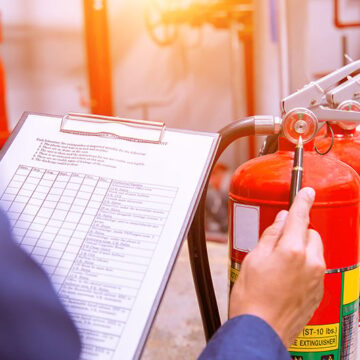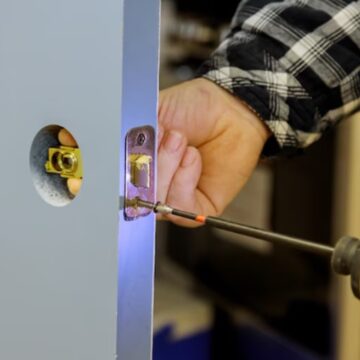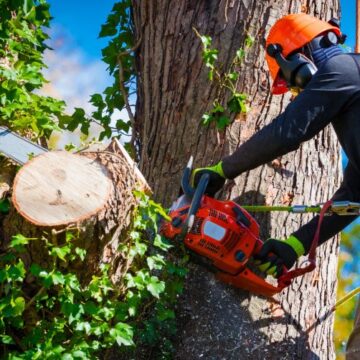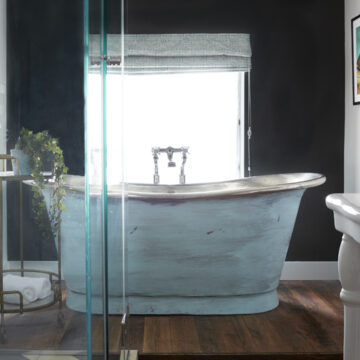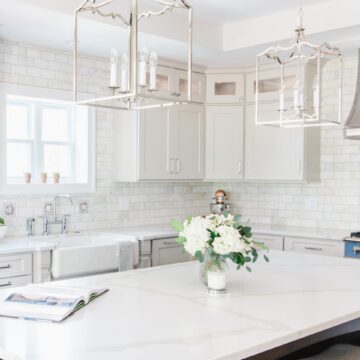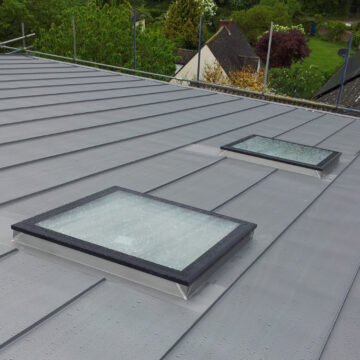Putting in a home lift is a terrific long-term investment because it will protect your home from potential hazards and make it fully accessible to everyone. Indeed, studies have shown that it can increase the value of a property by as much as 25%. However, you should know precisely what you’re getting from your provider, especially given the expense and effort involved.
Ask yourself these questions before putting a lift in your home.
- What would residential elevator be best for my family?
The selection of residential lifts on the market is vast, from the little incline and step lifts to spacious passenger elevators. Therefore, you should select the one that best suits your requirements; for instance, you wouldn’t select a passenger lift if all you needed was a short step lift. Specify to your service provider the circumstances under which you require a lift, who it is for, and how often it will be used. As a result, they’ll be able to zero in on the best elevator for your home.
- How much room does an elevator require?
It’s also essential to determine how much room your home has for a lift, which can vary depending on the make and model you choose. Traction lifts, which require an overhead engine room and typically feature heavier components, take up more space than hydraulic types, for example. On the other hand, platform lifts generally are smaller than passenger lifts because they are intended to carry fewer people over shorter distances.
- What sort of security does it offer?
If the firm you’re considering cannot assure you that its elevators are secure, or if their response falls short of your expectations, you may seek elsewhere.
- Can I personalize the elevator?
Ask your lift provider if they provide customization on their products; every home is distinctive in style, decoration, and size, and it’s crucial to many people that a lift fits in. The size, material, color, and cabin finishes of every lift we install are entirely up to the buyer’s discretion.
- How much do house lifts typically cost?
The budget is a primary consideration that needs to be settled before any work can begin. How much building work is required to accommodate the lift and the model and size of the lift will determine the final cost. Costs associated with installing an external lift are often lower than those related to installing an interior lift, as the former does not require as much structural alteration to the building to which it is attached.
- How much power does a typical house elevator use?
Think next about how much power is required for the lift to do its job. The answer to this question affects more than just your carbon footprint; it also directly affects your monthly power bill.
- How long does it take to install a home lift?
This is crucial to think about because, depending on the elevator model and installation location, it could make some areas of your home inaccessible during installation. Installing some home elevators might take weeks, while others can be set up in a few days. You can be better prepared for any potential issues that may arise throughout the installation procedure if you inquire how long it will take. While engineers work in your home, you may need to rearrange your schedule to accommodate them.
In conclusion, these questions will guide you on the best installation company to go for and the best home lift.






